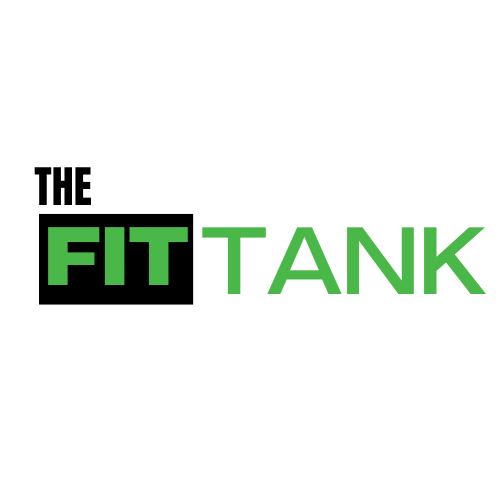Good morning. What’s up, everybody? We are back. Kevin, how was your weekend? It was good. Good. Yeah, me too. So today we’re going to look at the elimination diet. It’s really not a diet per se. People perceive diet as something that it’s really not, it’s really just the way you eat. Right? That’s it. This is almost a test. The elimination diet. So let’s jump into that.
What does it look like? So really, there’s something you’re trying to get to the bottom of whether it is weight loss, weight gain, pain, discomfort, whatever. There’s a whole slew of things like, what’s the skin rashes? Is it psoriasis? There are also behavioral, there’s ADHD and ADD. You’re trying to go okay, does my food affect this? Yes. In large part. So you identify one thing that you want to eliminate? And then you measure the results. Okay. That’s pretty hard to do. We’re throwing a lot of chemicals and things into our bodies on a daily basis.
Do you start from scratch and then start to add back? Dude, it’s such a loaded question. So, I think I’m going to cut out bread. Well, are you cutting out bread because of the carbs? Because that’s a whole long-tail issue. Are you cutting out the bread because of the gluten? It really takes some thinking, If you randomly cut out bread and then see results you might stick with that forever. But it might not be bread at all it may not be the root of the cause. It could be flour, it could be yeast, it could all kinds of things. So that’s really what the elimination diet is. The important part is really not the elimination. It’s the add-back. So in that poor example of eliminating bread, you add back yeasts with bread, gluten-free bread, or keto bread which minimizes the carbs. So if you have a problem, you will solve it.
If you have a problem, you basically say, All right, I think that these are the identifying issues. I feel bad when I have a beer. I feel bad when I eat bread. You know if you’re paying attention to your symptoms. I used to have a friend that really when she drank, her face instantly turned red and she started sneezing. And that was an obvious allergy. What was it? Gluten, carb, or alcohol? It was gluten.
Alright, so you add back. How long should you give it? Oh, I have no idea. But there are tools that can help you do that. So we did a cursory search. We didn’t do a lot of homework. And we have no affiliation at all. But if you look in the Apple App Store, the first one that came up is called My symptoms food diary. It looked pretty cool. I didn’t use it. But you track what you eat. You track what you’re eliminating. You track symptoms from everything and not to be disgusting, but how are your bowel movements? How’s your energy? How’s your sleep? You track all of this stuff. And it helps you I guess, pinpoint the problems and figure out trends. Nice, right? There were line graphs, it was all kinds of stuff. So again, it was called My symptoms food diary. And again, no affiliation. I just thought it was really kind of a cool tool. I think if you’re going to do an elimination, you got to know what you did six weeks ago. They say gluten takes almost two months to get out of your system.
My sister would tell you that it’s not uncertain foods, it’s not really gluten at all. It’s the aluminum that binds to the wheat, which gets in your brain. And that’s why it might take eight weeks. So having a food diary, especially one that is using algorithms and everything else is really helpful. If you’re going to do an elimination diet, I would definitely look into using some kind of tool. Unless you’re doing it for general health. If you’re just like I’m done with carbs, I just want to feel better. That’s one thing. But if you’re really trying to isolate and figure out different symptoms, and how you feel and how you sleep, and what your mood behaviors are like, and what your bowel movements are like, you really got a diary, you got to be able to look backward and forward and see your trends.
Would you ever use this for weight loss? I think in large part a lot of diets do right? This is really what helps you get to calorie restrictions, you’re eliminating excess calories. It’s probably the broadest and maybe most useful if you’re diligent about tracking what you do. Alright, I think we’re out of time. While we’re out of time. I love our time together.
Hey, send us your ideas to snackcast@yes.fit. We appreciate you tuning in and we’re out. Stay moving.



